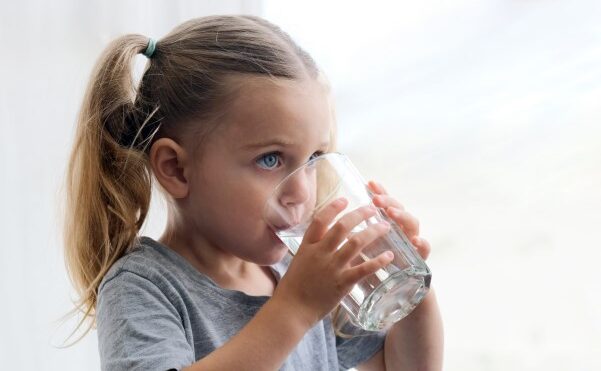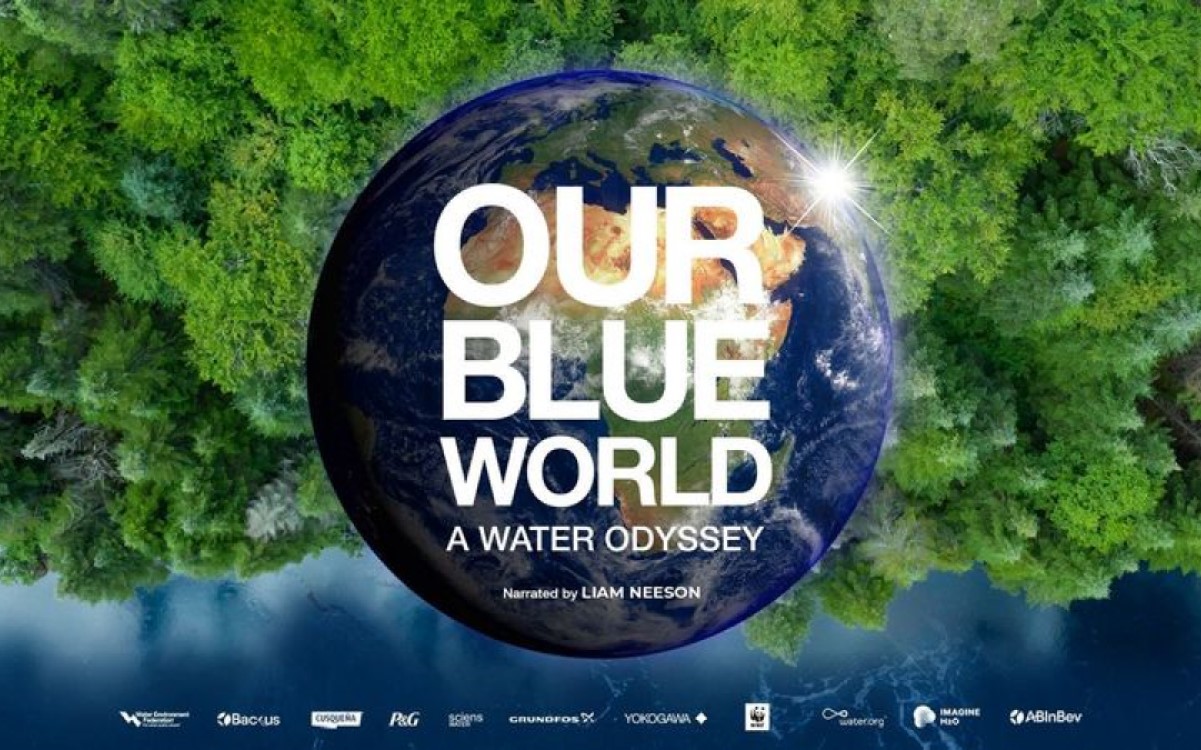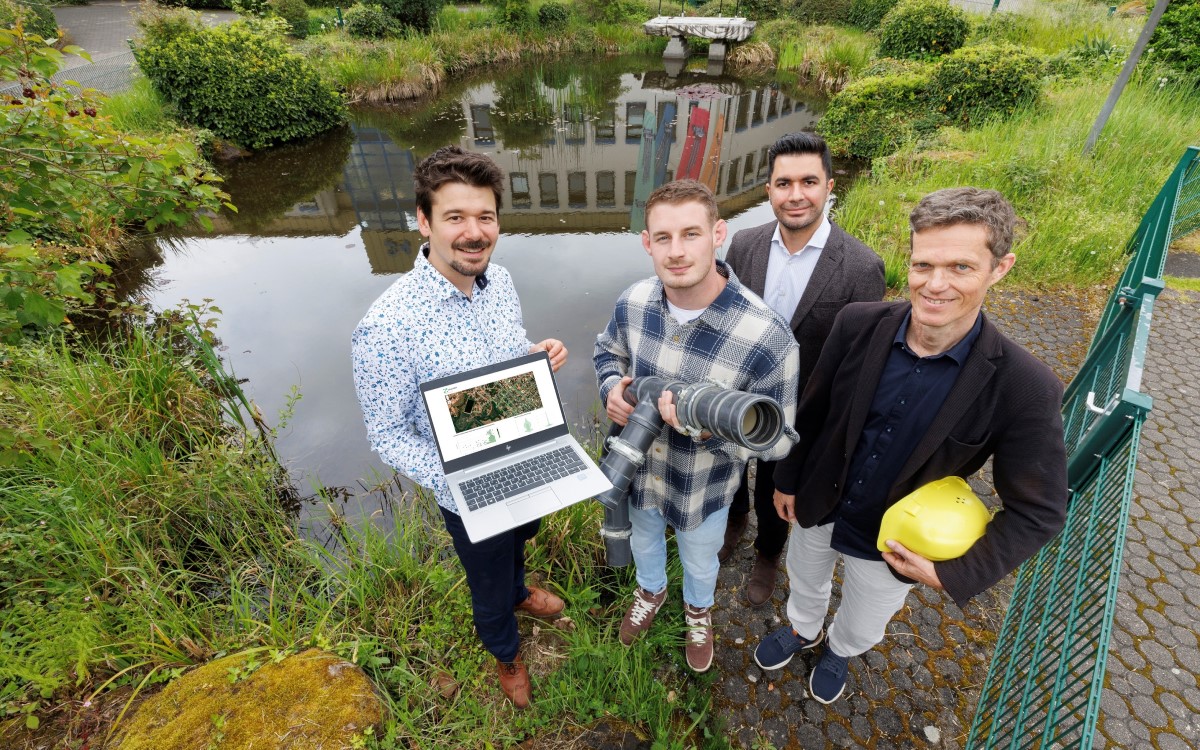June 14, 2023 Ι Climate change is accompanied by heat waves that put a strain on the body. It is especially important for children to drink enough, as their fluid balance is particularly sensitive. Raising awareness of this is one of the goals of the project “Trinkwasser für Kinder in Zeiten des Klimawandels – Water for Children in Climate Change: WATCH”. The Research Department of Child Nutrition (FKE) of the University Children’s Hospital Bochum wants to use kindergartens as an example to develop climate-sensitive recommendations that show how much more children of different ages should drink in different weather conditions.
Drinking enough in the context of climate change
The team of the Research Department of Child Nutrition draws on current scientific data. The data shows how much water a child’s body loses through the skin and breath at different temperatures and humidity levels. Based on these findings, recommendations are being developed for the first time that provide guidance on how much more water children should drink and in what weather. Raising awareness of these new findings among educators in day-care centres in Bochum is also relevant in the WATCH project.
“We know from older studies that children in Germany tend to drink too little anyway,” explains Prof. Dr. Thomas Lücke, Director of the University Children’s Hospital. “This can have very different reasons,” adds Prof. Dr. Mathilde Kersting, head of the FKE. “Some parents believe children will drink their fill and eat less, some want to encourage toddlers to become dry by drinking less. Some children deliberately drink little to avoid having to go to the school toilet.” Lack of water, however, reduces performance. The organism suffers; in the worst case, it can lead to circulatory problems. “That is why it is important for us to raise awareness about drinking in the context of global warming,” emphasises the researcher.
WATCH project starts in June
The project is funded by the Deutsche Bundesstiftung Umwelt. In the start-up phase, all participating researchers and institutions will meet for a kick-off at FKE on 19 June 2023. In order to arrive at well-founded recommendations, the team led by Prof. Dr. Benjamin Bechtel from the Department of Geography at Ruhr University Bochum will collect and evaluate climate measurements and scenarios in Bochum.
“With climate change, the need for fluids also changes, and in cities there are also large spatial differences due to the urban climate,” the researcher clarifies the influence of the differentiated environmental conditions on the organism.
It is already certain that the recommendation to drink tap water will go. In contrast to packaged drinks, which are often sweetened, it is not only healthier but also more environmentally friendly.
The German Federal Foundation for the Environment is funding the project between May 2023 and October 2025.
Learn More






